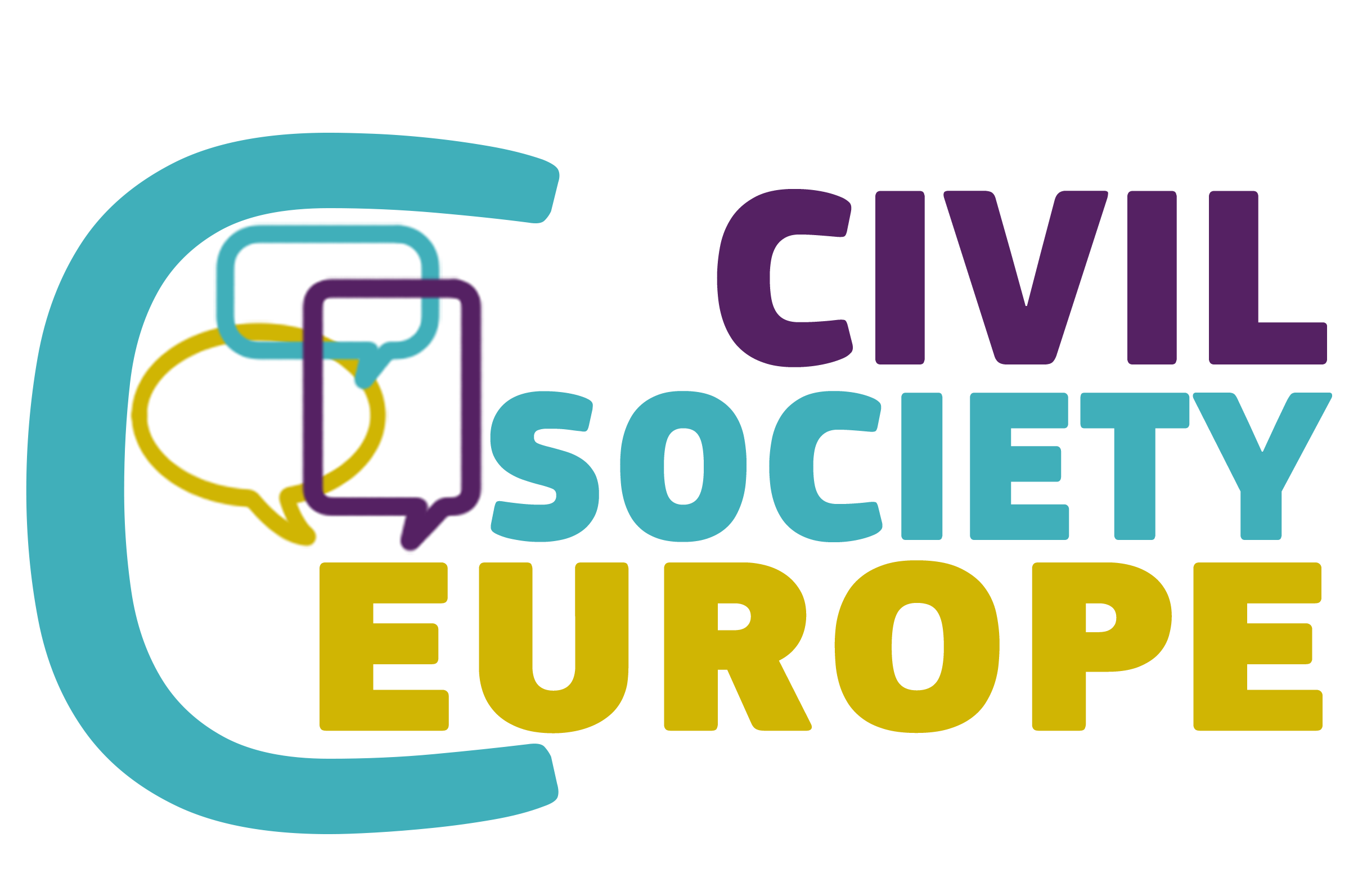Civil Society Europe, Birdlife International, Climate Action Network, the European Environmental Bureau, and the European Women’s Lobby wrote to the EC Recovery Task Force at the European Commission, the European Parliament rapporteurs on the European Recovery and Resililience Facility to express our concerns with the lack of involvement of civil society organisations in the design and adoption of the European regulatory framework for the National Recovery and Resilience Plans (NRRPs). It is crucial that in this very critical period, where many people in Europe are suffering the consequences of the pandemic, budget resources are adopted, available and tailored to the needs reported on the ground. We urge you therefore to do your utmost to consult with civil society organisations during this process leading to an inter-institutional compromise for an ambitious plan allocating resources that will support and engage Europeans for the next years.
Such a plan will have to aim to “build back better” and ensure that public money will be spent to stimulate the economic recovery, re-investing in social, employment, and skills policies, in health care, culture and education and supporting the digital transition while achieving the European Green Deal objectives of climate neutrality and zero pollution. For this to happen, the following conditionalities must be set in the National Recovery and Resilience Plans (NRRPs):
-
-
-
- Civil society must be involved and consulted through a regular and structured multi-stakeholder dialogue by their respective governments and national authorities before the official submission of the draft NRRP by the Member State. This will support both the quality of the NRRPs and the legitimacy;
- An effective monitoring system must be put in place to set out key environmental social, economic indicators that evaluate the progress registered by the recovery and resilience plans in each of the priority policy areas to assess compliance with the minimum shares of expenditure on climate, environmental, social, and other objectives;
- At least a 25% earmarking for social investment, with a strong focus on the full implementation of the European Pillar of Social Rights, to ensure that recovery from the crisis is truly inclusive tackling social exclusion, poverty and inequalities;
- The RRF should contribute at least with 40% of its resources to mainstreaming climate actions and with at least 10% earmarking for biodiversity and environmental sustainability, based on a methodology using the Taxonomy criteria, in order to contribute to the achievement of an overall target of 40% of the EU budget expenditures supporting climate objectives;
- Fossil-fuels based activities and projects must be excluded from receiving money under the NRRPs;
- At the very least 2% of the National Recovery and Resilience Plan should be allocated to culture, as also called for by the European Parliament in its Resolution on the “Cultural Recovery of Europe”. Cultural and creative sectors are among the most seriously impacted by the pandemic and the consequent lockdown measures, threatening the vibrancy and richness of Europe’s cultural diversity;
- Incorporate gender mainstreaming and adopt a gender budgeting lens across all plans, including climate mainstreaming and digital targets. This must include concrete objectives, targets, indicators, ex-ante and ex-post gender impact assessments, and draw on sex-disaggregated data;
- Clarify that civil society organisations are eligible for measures under the employment, economic, digital and greening objectives of the plan in addition to SMEs.
-
-
Please find here the full letter.


